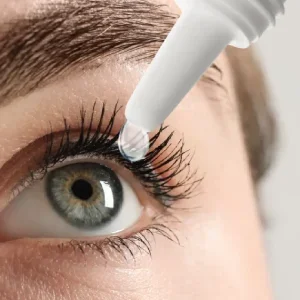Pfizer has announced that the US Food and Drug Administration (FDA) accepted priority review for the company’s respiratory syncytial virus (RSV) vaccine candidate, RSVpreF.
The US health regulator accepted the company’s Biologics License Application (BLA) for its RSV vaccine candidate, also called PF-06928316.
The BLA indicated RSVpreF for the prevention of lower respiratory tract disease caused by RSV in older people aged 60 years and above.
Pfizer has received the FDA’s Prescription Drug User Fee Act (PDUFA) goal date of May 2023, for a decision on the RSVpreF application.
With the FDA priority review designation in place, the standard BLA review period for the vaccine will be reduced by four months.
Pfizer vaccine research and development senior vice president and chief scientific officer Annaliesa Anderson said: “With no RSV vaccines currently available, older adults remain at risk for RSV disease and potentially severe outcomes, including serious respiratory symptoms, hospitalization, and in some cases, even death.
“The FDA’s acceptance of the BLA for our RSV vaccine candidate is an important regulatory milestone in Pfizer’s efforts to help protect older adults against RSV and demonstrates additional progress toward what has been an elusive public health goal – reducing the overall burden associated with this infectious disease.”
The FDA priority review designation for RSVpreF follows a Breakthrough Therapy Designation in older adults, granted in March this year.
Pfizer’s BLA submission is supported by results from the Phase 3 RENOIR clinical trial.
RENOIR is a global, randomised, double-blind, placebo-controlled Phase 3 study, designed to evaluate the efficacy, immunogenicity, and safety of a single dose of RSVpreF.
The Phase 3 study recruited around 37,000 older adults, aged 60 years and above and randomised them to receive either RSVpreF 120μg or a placebo.
In August this year, Pfizer announced positive top-line results from the Phase 3 RENOIR trial.
Last month, the company has announced positive results from the interim analysis of the Phase 3 MATISSE trial in pregnant women to help protect infants from RSV disease after birth.






